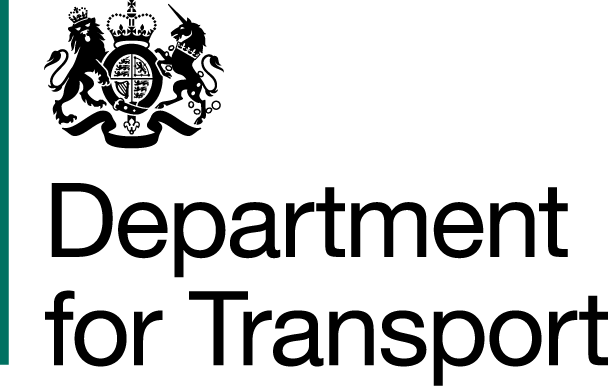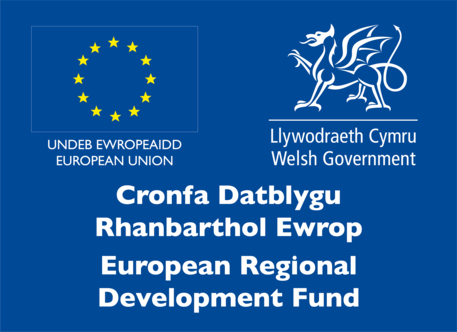Sustainable Development and Environment Policy
Transport for Wales
Sustainable Development and Environment Policy
1 Purpose
This policy sets out Transport for Wales’ (TfW) position to ensure we deliver our services in line with the four pillars of sustainability, whilst also meeting duties under the Well-being of Future Generations (Wales) Act 2015. We’ll ensure our ways of working comply with the Act and that we’re also delivering our duty and commitments under the Environment (Wales) Act 2016.
2 Context
TfW recognises concerns around health, climate change, biodiversity, equality, and the economy. We also recognise the opportunities that could make Wales healthier, happier, more equal, more prosperous, and more resilient. The objectives defined within this policy will support the Welsh Government in meeting Wales’ ambitious decarbonisation targets, reduce energy use, inequalities, and transport poverty, improve physical and mental health, help reduce air pollution, connect communities, support Welsh culture, and demonstrate our commitment to global responsibilities. TfW is committed to the efficient use of natural resources, and to continuously reducing our environmental impact through the adoption of sustainable practices.
Application of these practices through this policy are fundamental to the way we operate, and they contribute to the vision of a high quality, safe, integrated, affordable and accessible transport network that the people of Wales are proud of.
3 Scope
This policy covers our colleagues, subsidiaries, contractors, and suppliers, as set out in the organisation’s Sustainable Development Plan and Environment Management System, along with the activities required to meet TfW’s vision.
4 Objectives
This policy has the following key objectives:
-
Ensure that decision making considers impacts on people living in Wales now and in the future to meet our duties under the Well-being of Future Generations (Wales) Act 2015.
-
Establish appropriately resourced management systems including frameworks for setting and reviewing sustainability and energy objectives and targets.
-
Develop and deliver strategic documents and plans in support of this policy, ensuring environment, energy, adaptation, and resilience are a key theme throughout.
-
Prevent and reduce emissions, reduce energy consumption and waste through the establishment of continuous improvement objectives and targets.
-
Commit to meeting the requirements of all relevant legislation including Public Sector Net Zero 2030 targets as well as agreed voluntary standards.
-
Develop collaborative ways of working with our partners and community groups that support delivery of TfWs vision and purpose.
-
Ensure a sustainable, ethical and energy efficient approach to the procurement of goods services.
-
Commit to maintaining, and continually improving, a combined Environment and Energy Management System, which conforms to national and international environment standards.
-
Protect the environment, reduce environmental impacts including air, land, and sea pollution, and develop environmental response plans in the eventuality of major incidents.
-
Creation of biodiversity opportunities through their enhancement and protection, considering ecosystems in and around our sites and during our operations; working towards a net benefit for biodiversity.



